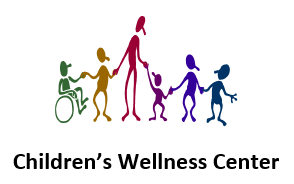Ear Infection
Ear infections are relatively common in young children. They typically happen when a child has nasal congestion from a cold or allergies. This can allow fluid to build up in the middle ear, and then viruses or bacteria can grow in that fluid causing an infection. Unfortunately, there is not much you can do to prevent ear infections, and some children are more prone to them than others due to the anatomy of their nose and ears. It is not recommended to treat children with colds with an antibiotic to attempt to prevent ear infections since this often causes side effects and can result in very difficult to treat infections in the future. The most common symptoms of ear infections are ear pain, fever, and occasionally drainage from the ear.
What You Can Do At Home
If you think your child has an ear infection, you may use a warm pack applied externally over the ear to help alleviate the pain. You may also give a dose of acetaminophen or ibuprofen.
If ear pain happens at night, continue comfort care until the morning and call our office to make an appointment. Ear infections are not emergencies. In fact, over half of all ear infections will go away on their own without antibiotics. For this reason, we recommend treating pain at home and calling during office hours to have your child seen.
When To Call Your Pediatrician
If the pain is not improved with the above measures or lasts more than 2-3 days, we should check your child in the office. They should also be seen for ear pain with high fever or drainage or blood in the ear canal.

